Publications
Articles, publications, books, tools and multimedia features from the U.S. Institute of Peace provide the latest news, analysis, research findings, practitioner guides and reports, all related to the conflict zones and issues that are at the center of the Institute’s work to prevent and reduce violent conflict.
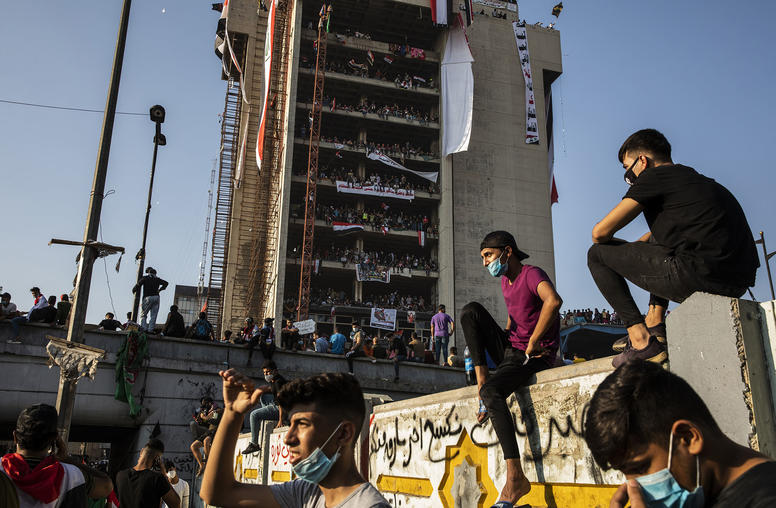
As Protests Continue in the Street, Iraq Reaches a Crossroads
Tens of thousands of Iraqis have been protesting in Baghdad and southern provinces against the failure of the Iraqi government and the political class in delivering basic services, providing jobs, fighting corruption, and more. Iraqi security forces and armed groups reportedly linked to Iran have used lethal force in response to the protests, leaving over 260 dead and over 10,000 injured. As the protests have progressed, demands have expanded to include calls for regime change, the resignation of Prime Minister Adel Abdul Mahdi, early elections, pushing back against Iranian influence, and accountability for killing peaceful protesters.
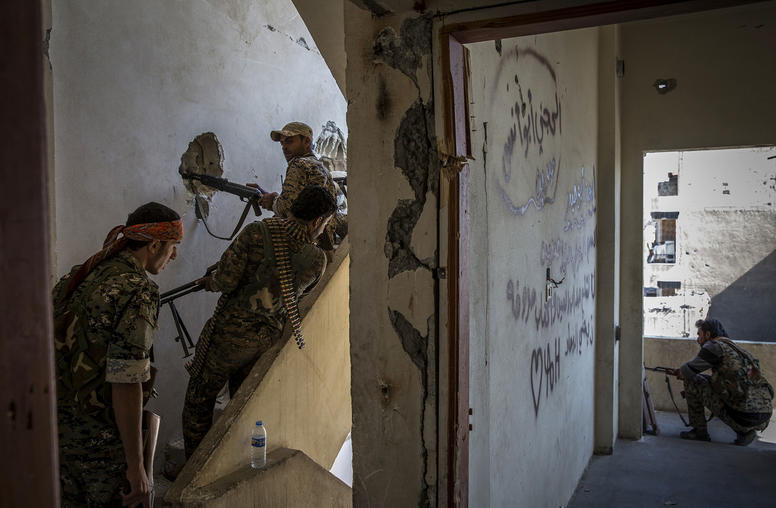
A Month After U.S. Withdrawal, What is the State of Play in Syria?
In the month since President Trump’s October 6 phone call with Turkish President Erdogan and the announced U.S. withdrawal from northeast Syria, the picture on the ground has changed immensely. Moscow has emerged as the key power broker in Syria. The Kurds, looking for protection from Turkish forces, are in Russian-brokered talks with the Assad government. These discussions could pave the way for an expanded Syrian government presence in the northeast for the first time in years. Successive agreements with Turkey negotiated first by the United States (October 17) and then by Russia (October 22) to halt Ankara’s fighting with the Kurds have been marred by violations.
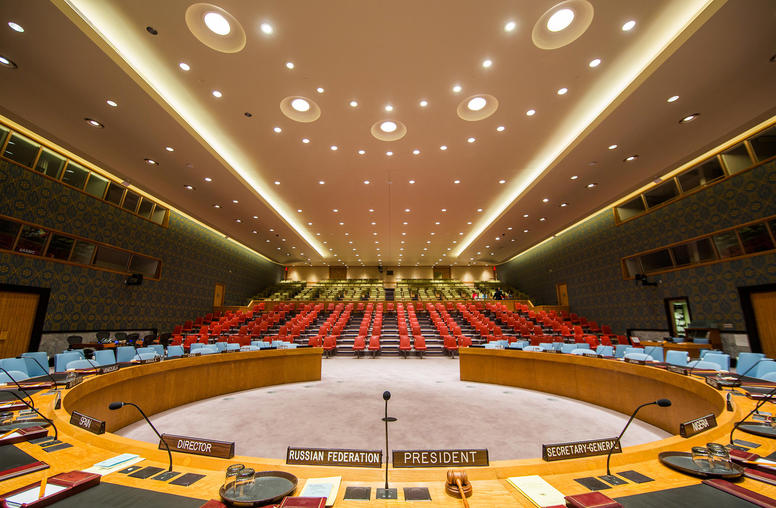
What Has the U.S. Got Against Peace Talks?
Last month, U.S. President Donald Trump withdrew from the Afghan peace process, closing off for the time being a rare opening to resolve a long, stagnant, and unpopular war. Whatever one thinks of the specifics of the deal that the U.S. representative at the talks, Zalmay Khalilzad, had nearly finalized with the Taliban, the episode was a perfect demonstration of the conflicted, often self-defeating view of peace agreements that mires U.S. foreign policy.
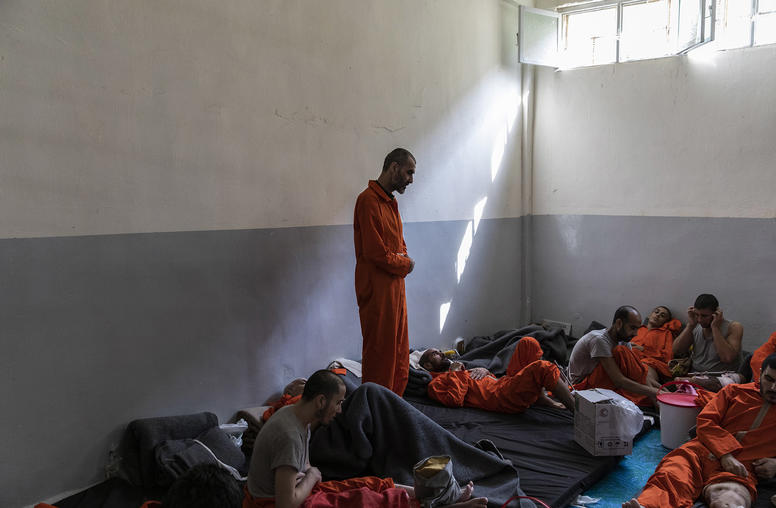
Can Policy Catch up to the Golden Age of Terrorism Research?
Meanwhile, researchers are increasingly understanding the dynamics that drive people to join terrorist groups—unpacking the numerous, complex reasons, and shining light on the local sociopolitical dynamics, something the media is covering more regularly. This new wave of research has a multiplicity of focus areas and employs rigorous methods to offer workable insights on violent extremism. It’s time for policy to catch up to the research.

In Tunisia, Democratic Elections Were Easy—Now Comes the Hard Part
After two rounds of presidential elections which sandwiched parliamentary elections, Tunisia has accomplished something that has eluded every other country in the Middle East and North Africa: repeated free and fair democratic elections. And while that milestone may renew the faith of many in the trajectory of Tunisia’s democratic transition, the outcome of these elections is a harbinger of more difficult times.
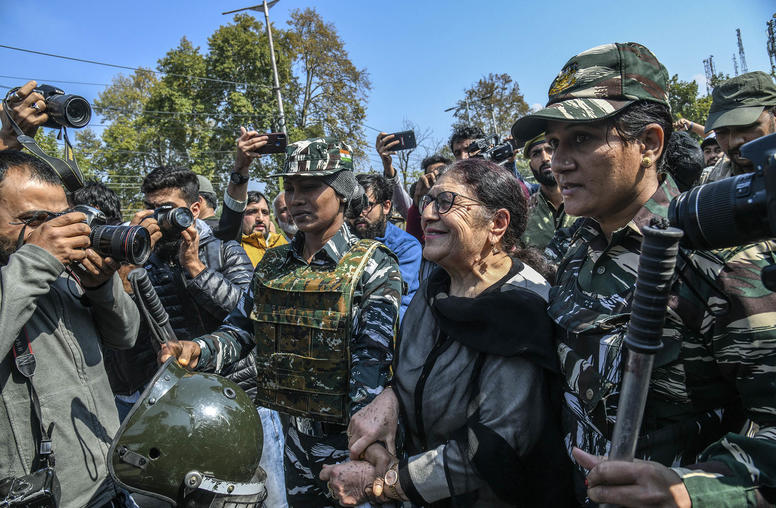
Kashmir’s crisis simmers dangerously: Attention is needed.
Conflicts centered on Syria, Iran and Saudi Arabia have seized recent global attention, overshadowing the dangerous escalation of the crisis in Kashmir. India’s government in August abrogated the political autonomy of the portion of Kashmir that it governs. To suppress protests, India has had to maintain a severe lockdown—effectively, a form of military rule—over more than 7 million people in the Kashmir valley. While India and Pakistan have avoided military clashes over this spike in their 62-year dispute over Kashmir, Dr. Mujibur Rehman, a scholar on Indian politics at New Delhi’s Jamia Millia Central University, says the international community should organize a high-level factfinding mission to reduce the risk of greater violence.
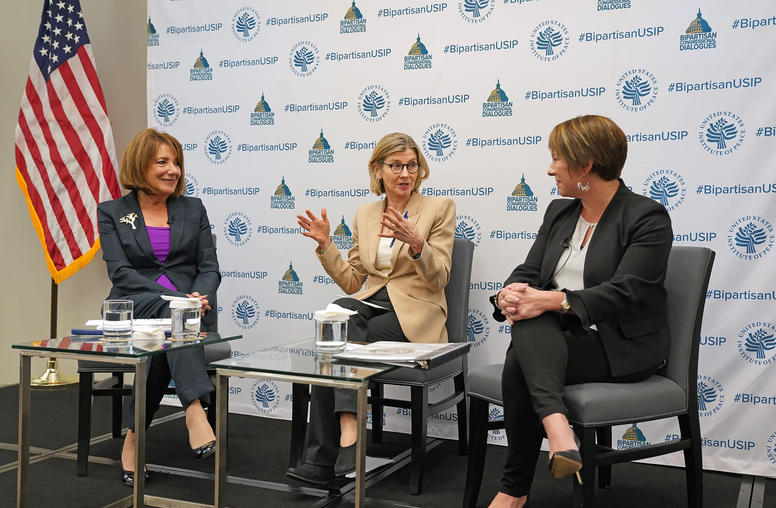
To Protect Afghan Women’s Rights, U.S. Must Remain Engaged
It’s been over a year since the U.S., led by Amb. Zalmay Khalilzad, opened talks with the Taliban aimed at ending the 18-year war. Over that year, Afghan women have demanded a seat at the negotiating table, worried that the hard-won gains made over the last two decades could be in jeopardy. Even with the peace process stalled, “it is vital that the U.S. remain engaged” to ensure that Afghan women’s rights are protected, said Rep. Martha Roby (R-AL) last week at the U.S. Institute of Peace’s latest Bipartisan Congressional Dialogue.
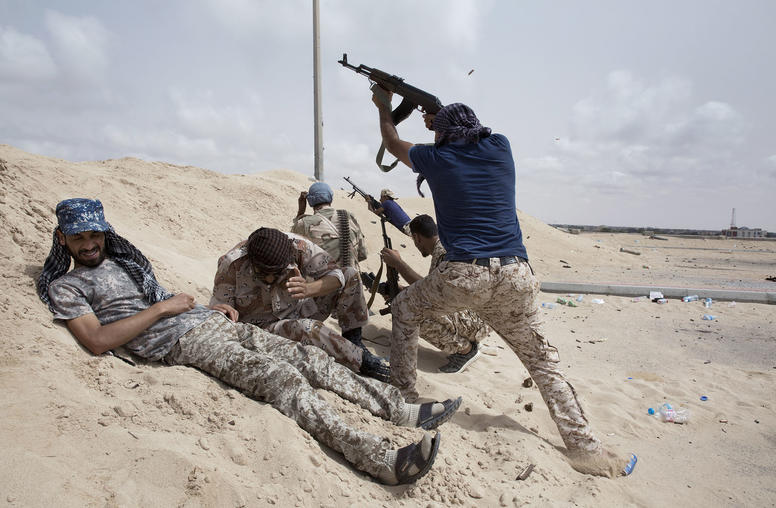
Understanding Libya’s South Eight Years After Qaddafi
Sunday marked eight years since longtime Libyan dictator Col. Muammar al-Qaddafi was killed. In the post-2011 aftermath, another military man, Khalifa Haftar, has taken control over Libya’s east and much of its vast southern region, Fezzan. The battle for the capital, Tripoli, between Haftar’s Libyan National Army (LNA), based in the east, and the U.N.-recognized Government of National Accord (GNA), based in the west in Tripoli, has dominated international attention on Libya. But the stability of the south is all too often overlooked. The region is critical to U.S. interests and any effective policy must not only focus on achieving reconciliation between the east and west, but on building stability in Fezzan.
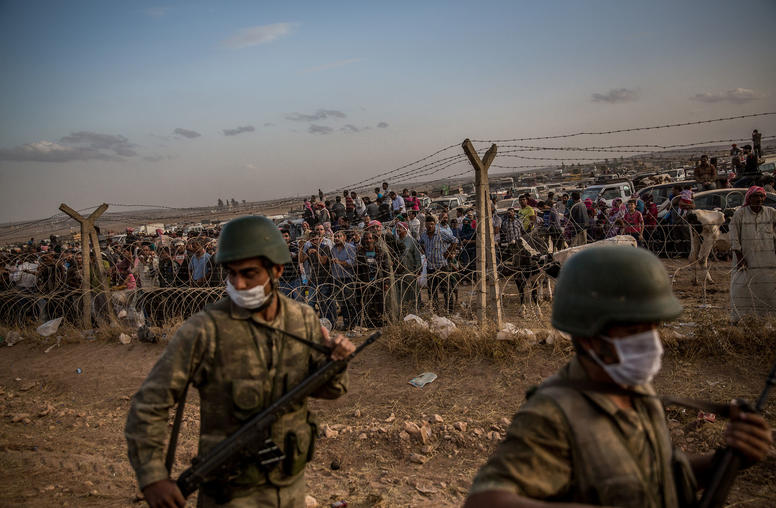
In Syria, Russian-Turkish Deal is a Game Changer on the Ground
A chain reaction of events over the past two weeks in Syria have effectively reordered the conflict’s balance of power. Russia has emerged as the key power broker in Syria. Meanwhile, both the Assad regime and Turkey have achieved important gains, while the Kurds have suffered a significant loss. A 10-point deal negotiated between Russia and Turkey—if implemented successfully—will fulfill Turkey’s long-held demand that Kurdish forces be pushed approximately 20 miles off the Syrian-Turkish border. Following a U.S. decision to withdraw the majority of its forces from Syria, the deal also cedes control over significant portions of northeast Syria to the Assad regime and Russia. USIP’s Mona Yacoubian looks at the elements of the Russian-Turkish deal and its implications for Syria and the broader region.
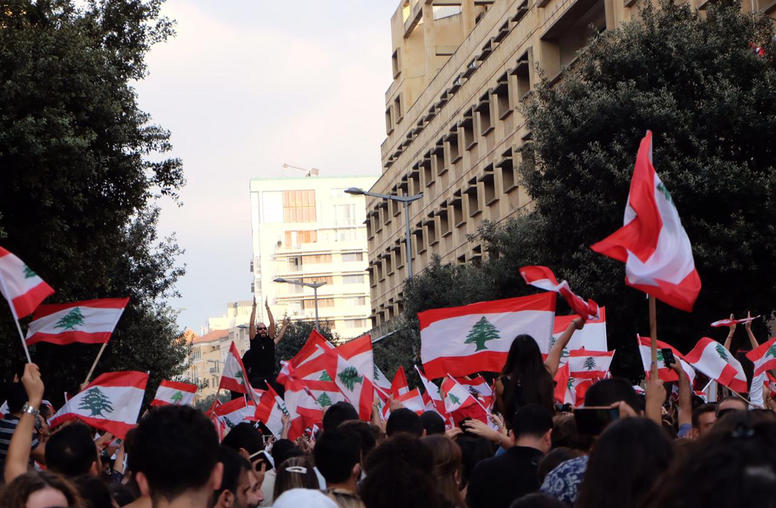
A massive protest movement emerges in Lebanon. What does it mean?
Over the last week, mass protests broke out across Lebanon, signaling citizens' mounting discontent with their government and economy. Millions of Lebanese of all backgrounds, including Sunnis, Shiites, Christians and Druze from across the socio-economic spectrum hit the streets to express their exasperation with the country’s endemic corruption. The government announced on Monday emergency economic reforms in an effort to assuage protesters. Will it be enough? USIP’s Elie Abouaoun takes a closer look at what sparked the protests, the impact on Lebanon’s highly polarized politics, and possible scenarios for the next few weeks.